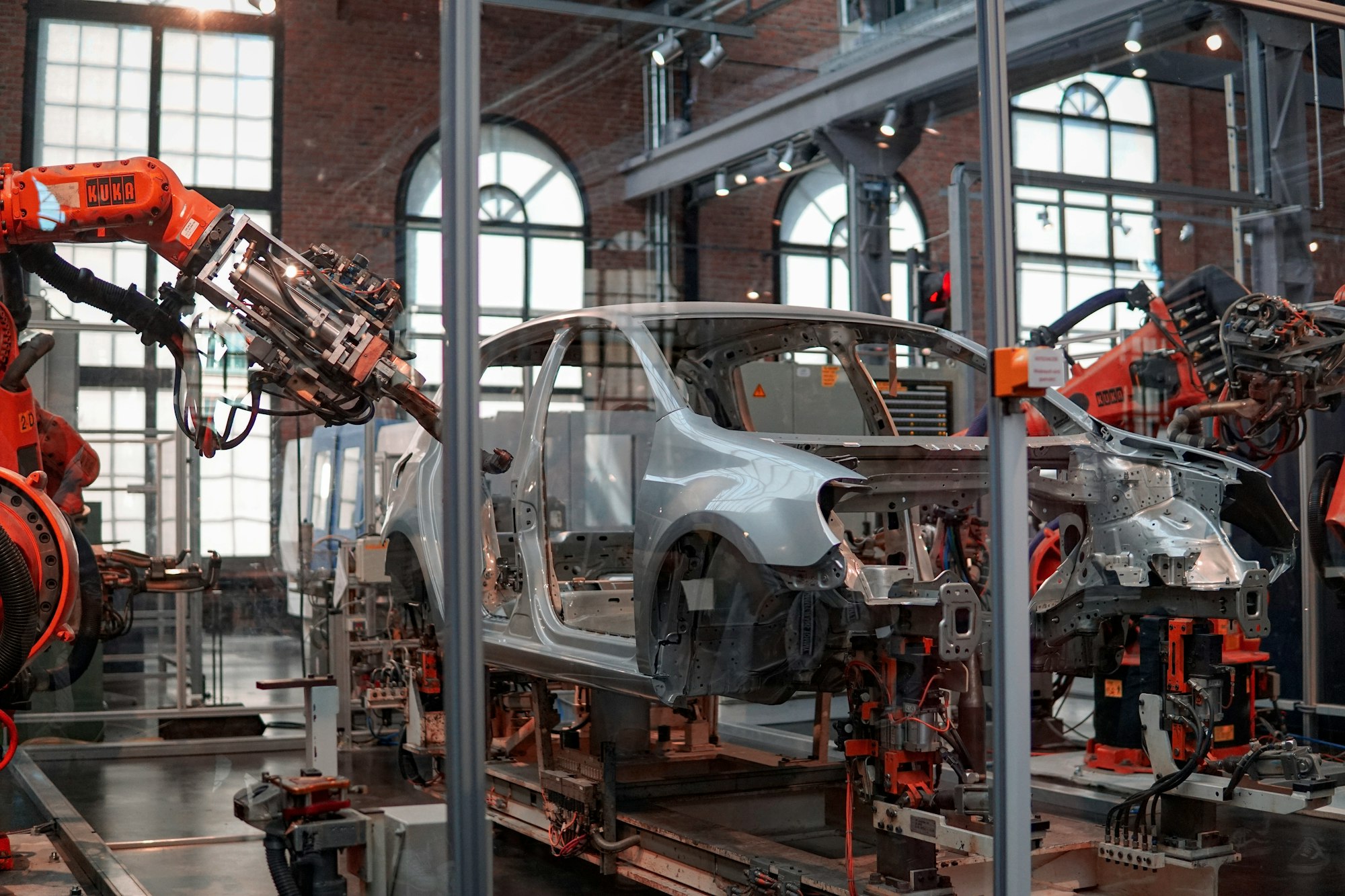What role does Hemp play in the Automotive Industry?
What role does hemp play in the automotive industry and why are there no hemp cars for sale yet? Find it out here.

Industrial hemp production is becoming increasingly popular around the world, opening doors to new perspectives and uses for the plant. The automotive industry is also currently looking for various ways to integrate hemp fibers into their production process. So, what role does hemp play in the automotive industry and why are there no hemp cars for sale yet?
In 1941, Henry Ford presented the prototype of a car that consisted almost entirely of bioplastics, i.e. composite materials made from the fibers of different plants. One of the plant fibers used to create these bioplastics was hemp. In fact, Henry Ford is known as the first engineer to incorporate hemp fiber into car parts. However, claims that at least 70% of his bioplastic car was made from hemp are not true. In reality, the bioplastic was composed of 70% cellulose fibers and 30% resin binders. The cellulose consisted of only about 10% hemp, therefore, the overall hemp content in the car was merely 7%.
Nevertheless, Ford's car went down in history as the first "hemp car", although the term "soybean car" would theoretically be more correct.

At the time, Ford was convinced that his bioplastic car would be safer, lighter and much cheaper than the steel models of the time. In addition, this car was said to have up to ten times the impact resistance of steel. Ford was a big supporter of agriculture and he believed that it could one day form a symbiotic relationship with industry. He was also aware that the automotive sector was just one of many industries that could find new uses for bioplastic made from agricultural products.
However, with car production halted during World War II, Ford's approach to developing sustainable solutions with cars made from bioplastics did not bear fruit. It is only now, almost a century later, that companies are once again looking at the value of industrial hemp to the automotive industry.

The first real "hemp car" was actually produced by Bruce Dietzen. Inspired by Henry Ford, the entrepreneur invested around 200,000 euros in the construction of a sports car made of 100% hemp composite in 2016. The result was an extremely light and robust car, with a body ten times stronger than steel and extremely resistant to denting. The most innovative version of a hemp car was presented by American comedian and car collector Jay Leno in 2017.
As Dietzen and Leno have proven, hemp fibers could well be a suitable source for the production of bioplastics for cars.

Hemp fibers contain about 70% cellulose - the world's most common organic polymer. Therefore, from a performance standpoint, hemp could theoretically be considered a suitable raw material. Hemp-based bioplastic can reduce product weight due to its lower density compared to fiberglass and steel and is not as brittle as carbon fiber.
In addition, the use of the plant could also enable a more environmentally friendly production process as it is biodegradable and carbon negative.

However, the cost and time required to produce such hemp composite materials represents a major obstacle for the automotive industry, which is why large-scale production of this material has not yet been feasible. Read more about this topic in this article.
But there is good news: the trend towards using hemp bioplastic to manufacture individual car parts is steadily increasing. In fact, industrial hemp is now one of the most commonly used natural fibers in the European automotive industry for the production of automotive components! A Warwick University researcher also published a paper in 2012, proving that hemp composites are a viable replacement for fiberglass used in automotive trim.

Many companies, large and small, are currently experimenting with replacing more plastic and metal components in cars with hemp bioplastics. Among other things, hemp plastic is used for the production of door panels, seat back panels and floor panels. Below are some examples of its current uses:
➥ The Lotus Eco Elise was the first roadworthy car to be made predominantly from hemp materials.
➥ Volvo uses hemp fibers, among other things, to reduce the use of glass fibers and the weight of its vehicles.
➥ Canada Motive introduced the Kestrel in 2010, an eco-friendly electric car with a body made of polymer resin and hemp fibers.
➥ For the interior of the BMW i3 electric car presented in 2013, the door panels are lined with hemp and are therefore up to 350 kilograms lighter than the conventional alternative.
➥ The Peugeot 308, made from hemp plastic composites, is 25% lighter than alternatives made from conventional plastics.
➥ Hemp also made its debut in auto racing in 2019, when Porsche installed individual parts made from hemp and flax in its 718 Cayman GT4 Clubsport.
➥ Mercedes, Audi and Volkswagen have also been using hemp for car parts in various car series for years.
➥ The company Aptera Motors has developed a solar-powered vehicle made of ultra-light composite materials with hemp, which is to go into production in the near future.
➥ The latest innovation for the application of hemp in the auto industry is EV racing cars. Their individual parts were made by an Italian engineering team using a specially developed hemp-based fabric they call "Turkish Raso Hemp".
We're excited to see what else the automotive industry has in store for hemp plastic products in the future!


